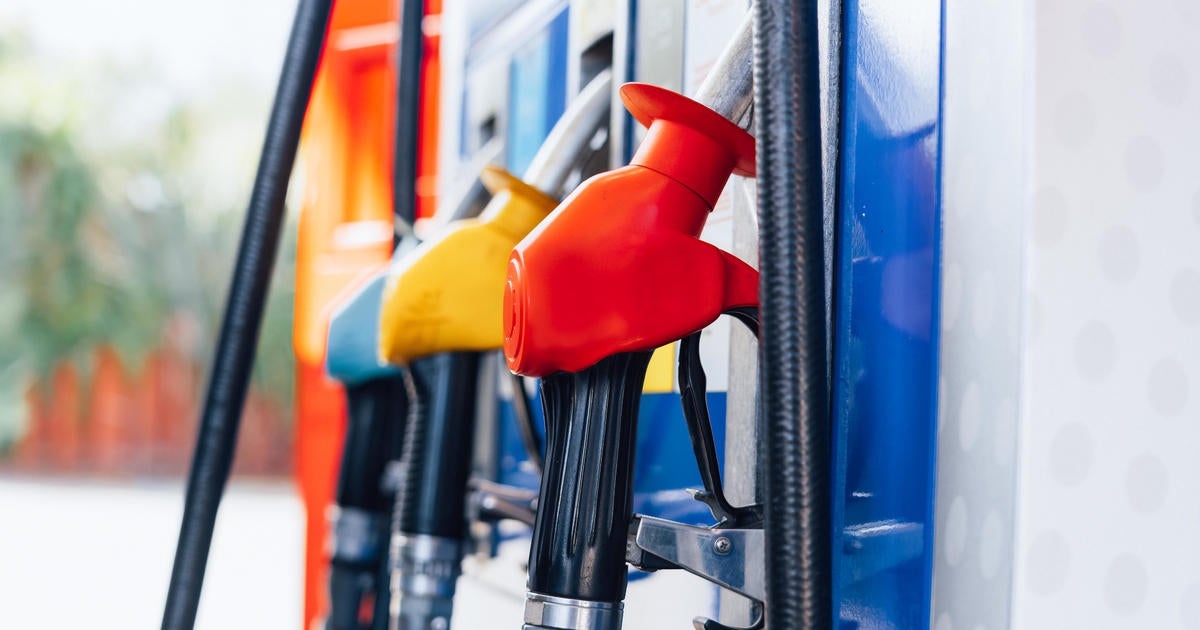A thickening diesel cloud over Germany's Daimler
FRANKFURT, Germany - German automaker Daimler's profits barely rose and were short of market expectations as its Mercedes-Benz luxury car division boomed while earnings lagged at its truck, van and bus businesses.
The second-quarter results were overshadowed by the growing controversy about diesel technology that are dogging the automaker -- and the auto industry in general -- ahead of a meeting in Germany of carmakers and government officials next week.
The Stuttgart-based company reported Wednesday that net profit was up a scant 2 percent compared with a year ago, to 2.51 billion euros ($2.9 billion). Revenue increased 7 percent to 41.16 billion euros ($48 billion).
The profit was short of analyst estimates for 2.61 billion euros, as compiled by financial information provider FactSet. On the bright side, the Mercedes division had its best quarter for unit sales ever and 2.4 billion euros ($2.8 billion) in operating profit.
Mercedes division profits were boosted by strong sales of the E-Class sedan, which is equipped with extensive driver-assistance technology, and of the company's SUVs, which bring high profits per vehicle.
But operating earnings fell 13 percent in its truck business and also lagged at the van and bus divisions.
The company reiterated that profits would "increase significantly" once again in 2017. Daimler shares traded 0.1 percent higher at 61.06 euros in Frankfurt.
The earnings announcement takes place amid extensive public discussion of the future of diesel and what to do about excessive pollution emissions. The government has summoned carmakers to a diesel summit on Aug. 2 to try to lower pollution levels and ensure the technology has a future. There have been calls for diesel bans in several German cities.
Germany isn't alone in considering a diesel- and gasoline-free future. Britain's government says it will ban the sale of new cars and vans using diesel and gasoline starting in 2040 as authorities move to tackle air pollution. The decision announced Wednesday by Environment Secretary Michael Gove follows similar moves in France and Norway. It also comes as the technology for electrical cars improves.
CEO Dieter Zetsche said during a conference call with journalists that the company's new generation of diesel engines offered lower emissions and that diesel can make an important contribution to reducing emissions of carbon dioxide, a greenhouse gas blamed for global warming.
He said he saw "no reason to forego the advantages" of diesel in reaching goals for lowering carbon dioxide emissions. Automakers must meet new, tighter carbon dioxide emissions limits imposed by the European Union by 2021.
Daimler has said it will update engine software on 3 million diesel cars to improve their emissions performance and reduce customer uncertainty about the technology. Zetsche said customers were responding positively to the service action.
Diesel vehicles need pollution controls to limit emissions of nitrogen oxide, a pollutant that harms people's health, but they emit less carbon dioxide than do gasoline motors.
Der Spiegel reported Friday that German automakers including Daimler had colluded for years on diesel technology and other issues and had agreed to limit the size of the tanks for the urea solution used to reduce emissions of nitrogen oxides. The European Commission, the EU's executive body, is assessing the matter.
Daimler has said it cannot comment on "speculation." An antitrust ruling that the companies illegally restrained competition could lead to heavy fines.
German prosecutors have searched Daimler offices as part of a probe into possible emissions manipulation, and U.S. authorities have asked Daimler to conduct an internal investigation into its emissions certification procedures. The company said Wednesday it could not answer questions about either investigation.
Diesel was subjected to new scrutiny after Volkswagen (VLKAY) was discovered in September 2015 to have equipped 11 million cars with illegal software that cheated on U.S. emissions tests by turning emissions controls on during lab examinations and off during everyday driving to improve performance. Volkswagen has pleaded guilty to criminal charges in the U.S. and agreed to more than $20 billion in civil and criminal settlements and penalties.



